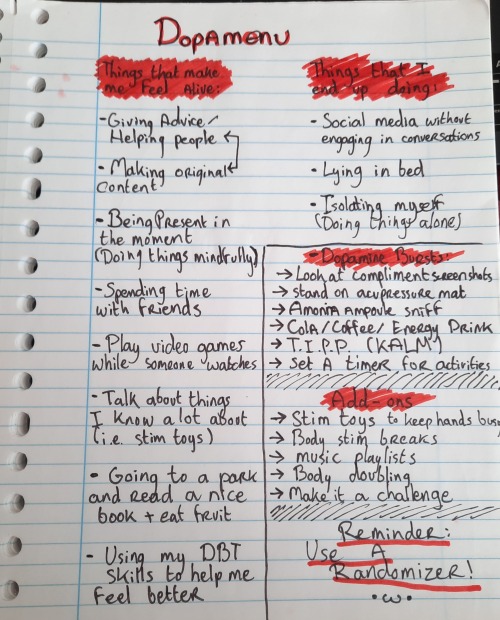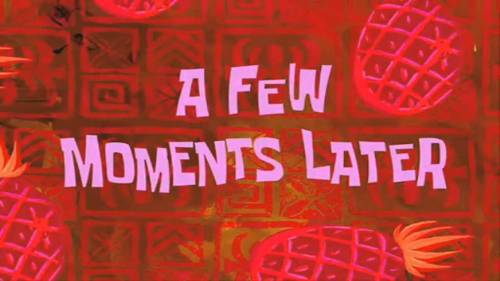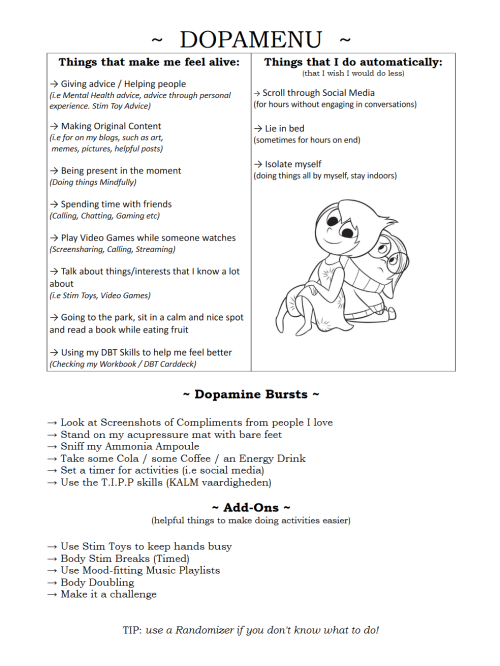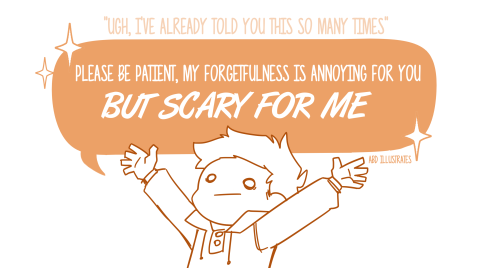[Image Description: Four Slides With Black Text On A Light Blue Background That Read As Follows:




[Image description: four slides with black text on a light blue background that read as follows:
Victim blaming by abusive parents looks like… “You’re disrespecting me by having boundaries that are inconvenient to me. Therefore, I’m entitled to hurt you.” “You know I get mad when you do this and you did it anyway, so it’s your fault I hit you/yelled at you/belittled you.” “You’re hurting my feelings by accusing me of being a bad parent.” “What have I done to deserve this?” (Usually as a reaction to you establishing boundaries). “You’re tearing this family apart (by fighting back against the abuse).” “You’re a bad child. Look at all the bad things YOU’VE done to ME.” (often, those things are trauma reactions, like avoiding their presence or acting behind their backs). (When you try to hold them accountable) “Oh, I forgot, you’re always right and I’m always wrong. Nobody cares about me or my feelings. I do everything for you and this is what I get in exchange.”
In reality… Every person is responsible for their actions. You didn’t make them abuse you—they CHOSE to abuse you. You have the right to be able to establish boundaries without fear of punishment. You have the right to have your needs met. Your trauma reactions are not something you’re doing to disrespect them—they’re something your body is doing to protect you from harm. End image description]
These are just some examples of things abusers say to frame their abusive actions as the victim’s fault (taken from personal experience and the stories of people who have messaged me). Feel free to add your own examples if they’re not listed here and if you want to help spread awareness about what victim-blaming looks like!
And remember: abuse is never the victim’s fault.
What does guilt-tripping by abusive parents look like?
What does gaslighting by abusive parents look like?
More Posts from Bipolaruchiha and Others
Pals, I’m gonna tell you one of those hard truths, and I hope that you can read this and think about it in the spirit in which it’s intended.
The vast majority of you do not have “triggers”, you have “squicks”. If you learn the difference, I promise you will be happier and healthier, and you will feel much MUCH less as if all media is attempting to personally attack and traumatize you.
It is ABSOLUTELY LEGIT to dislike something in a piece of media, or to feel disgusted and revolted by it, or to have an aversion to it for any reason and to any degree. That’s normal! That’s absolutely normal, and if that has happened to you, then you are normal too.
But… Words matter. Words have power. There is a difference between “disgust” and “trauma response” – if a person without PTSD or other forms of trauma calls something that disgusts them a “trigger”, they are giving that thing undue and dangerous power over them. You do not have to legitimize your disgust, because your feelings are already valid. But saying “this triggers me” if it doesn’t actually trigger you in the clinical definition means that you are voluntarily giving up some of your own power and agency to the thing you dislike. It means that you are allowing the thing to have a disproportionate impact on your life, that you are giving it power to affect you and get under your skin and stay there. You are building it up into something much more terrifying and monstrous and serious than it deserves to be. Calling it a “squick” makes you bigger than the thing that’s grossing you out – it makes the gross thing into something that you can have power over, that you can vanquish and reject and entirely discard from your life according to your own whimsy. (For those of you who aren’t familiar with the term “squick”, it’s something you don’t like which causes that icky squirmy “ew! no thanks!” feeling. Here’s the Fanlore page for more detail.)
We live in a society that wants to take power away from so many of us at all costs. Nobody hands you power or agency or confidence or strength – you have to claim those for yourself. If you have the ability to take control over something that squicks you, do it. Stand up for yourself and your media experience, and use the word that gives you power. You can turn your back on a squick and walk away without more than a lingering “ugh” feeling; it is almost impossible to do that with a trigger. A trigger ruins your whole day (ask me how I know!).
Words have power. Disgust is a normal human emotion. Your feelings are valid even when they’re not severe and catastrophic.
Even if you don't think/know that you have [disorder] (or even if you know you don't!) you're allowed to use coping strategies meant for or associated with that disorder. You can use ADHD tips for your poor memory. You can stim even if you're not autistic (stimming has a lot of overlap between disorders honestly). You can use chronic fatigue tips if you have depression. You're not stealing resources. If it helps you, it helps you, whether you were the target audience or not




Are you having a hard time keeping yourself and your brain stimulated? Can you even stimulate yourself at all? Maybe you should try making a Dopamenu!
I made a Dopamenu today by following How To ADHD’s guide.
How To Give Your Brain The Stimulation It Needs (Dopamenu Guide!)
I recommend watching the video and trying to make yourself a Dopamenu as well. I used OpenOffice to make my Dopamenu, it’s a free alternative to Word and it works pretty much the same!
LINK TO MY GOOGLE DRIVE SO YOU CAN GET THE FILE & FILL IN YOUR OWN DOPAMENU YOURSELF
friendly reminder that bipolar ii isnt the “easy,” “soft,” or “lesser” bipolar disorder. just because we dont experience full-on mania doesn’t mean our experiences are somehow invalid.
hypomania has the power to ruin relationships.
depression has the power to ruin lives.
we end up hospitalized for depression.
we’re more likely to rapid cycle and contrary to popular belief, our depression can cause psychosis
our suffering is real and cant be discounted solely because we experience a lesser form of mania.




October is ADHD awareness month! 🎉
The memory issues ADHD causes are some of the scarier and more frustrating parts of living with it - so here’s a set of reaction doodles that all my fellow ADHD peeps are welcome to use whenever anybody decides to comment on your forgetfulness ^
-
 sticky943 reblogged this · 6 months ago
sticky943 reblogged this · 6 months ago -
 ordon-princess liked this · 10 months ago
ordon-princess liked this · 10 months ago -
 parycola reblogged this · 1 year ago
parycola reblogged this · 1 year ago -
 bakedbrunette liked this · 2 years ago
bakedbrunette liked this · 2 years ago -
 gummygecko reblogged this · 2 years ago
gummygecko reblogged this · 2 years ago -
 privateblogdonotenter liked this · 2 years ago
privateblogdonotenter liked this · 2 years ago -
 clubpenguist liked this · 2 years ago
clubpenguist liked this · 2 years ago -
 livinginahicktown liked this · 2 years ago
livinginahicktown liked this · 2 years ago -
 ask-lunticas-characters reblogged this · 2 years ago
ask-lunticas-characters reblogged this · 2 years ago -
 ask-pirateengland liked this · 2 years ago
ask-pirateengland liked this · 2 years ago -
 healinghumans liked this · 2 years ago
healinghumans liked this · 2 years ago -
 retheodddogstuff liked this · 2 years ago
retheodddogstuff liked this · 2 years ago -
 sirdaddyslove reblogged this · 2 years ago
sirdaddyslove reblogged this · 2 years ago -
 sparkle-sauce reblogged this · 2 years ago
sparkle-sauce reblogged this · 2 years ago -
 grace-in-the-wilderness liked this · 2 years ago
grace-in-the-wilderness liked this · 2 years ago -
 telekinetic-electronica reblogged this · 2 years ago
telekinetic-electronica reblogged this · 2 years ago -
 lonewanderersix reblogged this · 2 years ago
lonewanderersix reblogged this · 2 years ago -
 lonewanderersix liked this · 2 years ago
lonewanderersix liked this · 2 years ago -
 blehhhhhhhhhhhhhggg liked this · 2 years ago
blehhhhhhhhhhhhhggg liked this · 2 years ago -
 r0tten-m00nshine liked this · 2 years ago
r0tten-m00nshine liked this · 2 years ago -
 sigmamale96 liked this · 2 years ago
sigmamale96 liked this · 2 years ago -
 alitheautisticfoodie liked this · 2 years ago
alitheautisticfoodie liked this · 2 years ago -
 masque-de-nox liked this · 2 years ago
masque-de-nox liked this · 2 years ago -
 stratocasterheart liked this · 2 years ago
stratocasterheart liked this · 2 years ago -
 pink-enby-in-distress liked this · 2 years ago
pink-enby-in-distress liked this · 2 years ago -
 caffeinated-nightowl liked this · 2 years ago
caffeinated-nightowl liked this · 2 years ago -
 haileychimusic liked this · 2 years ago
haileychimusic liked this · 2 years ago -
 justabittraumatized liked this · 3 years ago
justabittraumatized liked this · 3 years ago -
 that-dumb-bitch reblogged this · 3 years ago
that-dumb-bitch reblogged this · 3 years ago -
 that-dumb-bitch liked this · 3 years ago
that-dumb-bitch liked this · 3 years ago -
 goblin-thembo liked this · 3 years ago
goblin-thembo liked this · 3 years ago -
 unicorpseboi reblogged this · 3 years ago
unicorpseboi reblogged this · 3 years ago -
 k9kid liked this · 3 years ago
k9kid liked this · 3 years ago -
 lire-casander reblogged this · 3 years ago
lire-casander reblogged this · 3 years ago -
 lire-casander liked this · 3 years ago
lire-casander liked this · 3 years ago -
 sungbeen reblogged this · 3 years ago
sungbeen reblogged this · 3 years ago -
 sungbeen liked this · 3 years ago
sungbeen liked this · 3 years ago -
 sasakisniko reblogged this · 3 years ago
sasakisniko reblogged this · 3 years ago -
 sasakisniko liked this · 3 years ago
sasakisniko liked this · 3 years ago -
 silver-dream89 reblogged this · 3 years ago
silver-dream89 reblogged this · 3 years ago -
 silver-dream89 liked this · 3 years ago
silver-dream89 liked this · 3 years ago -
 howdoesoneadult reblogged this · 3 years ago
howdoesoneadult reblogged this · 3 years ago -
 calicokitkat reblogged this · 3 years ago
calicokitkat reblogged this · 3 years ago -
 thank-you-for-the-vampire-money reblogged this · 3 years ago
thank-you-for-the-vampire-money reblogged this · 3 years ago




